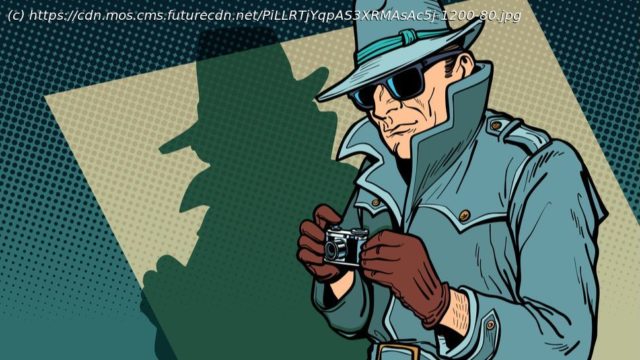Pegasus, a spyware developed by the Israeli company NSO Group, is back in the spotlight over allegations of surveillance of prominent personalities including journalists and politicians by governments, including India’s.
Back in 2019, Pegasus, the spyware developed by the Israeli company NSO, hit the global headlines for being put to use by some governments for snooping on human rights activists and journalists. Now, in a redux of the same story, a global investigation by a clutch of 17 media organisations along with Amnesty International and the Paris-based non-profit organisation Forbidden Stories has claimed that Pegasus was used to extract messages and information from the phones of journalists, politicians and activists in many countries including India. It is further claimed that Pegasus infects Android devices and iPhones, giving operators (governments, in this case) access to messages, photos and emails. It can also record calls and surreptitiously activate microphones. The Indian government has flatly denied the allegations, saying that no authorised interception was carried out by government agencies. The politics of the latest revelations would doubtless play out in the coming weeks and even months as there are more installments in the promised leaks. The Pegasus gate, which name will doubtless be affixed to the scandal, once again impels us to ask a fundamental question: Is your phone ever really safe? In 2019, Facebook-owned WhatsApp accepted that around 1,400 of its users in 20 countries had been targeted by Pegasus.






